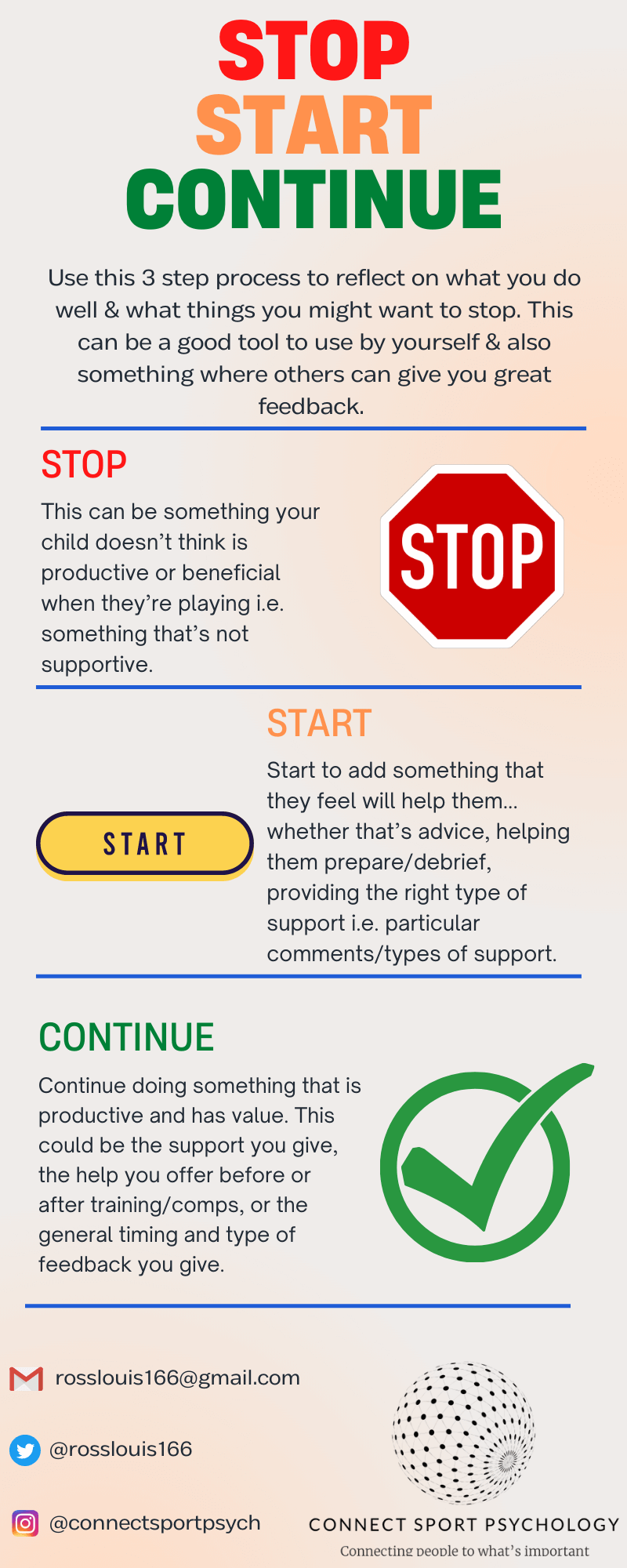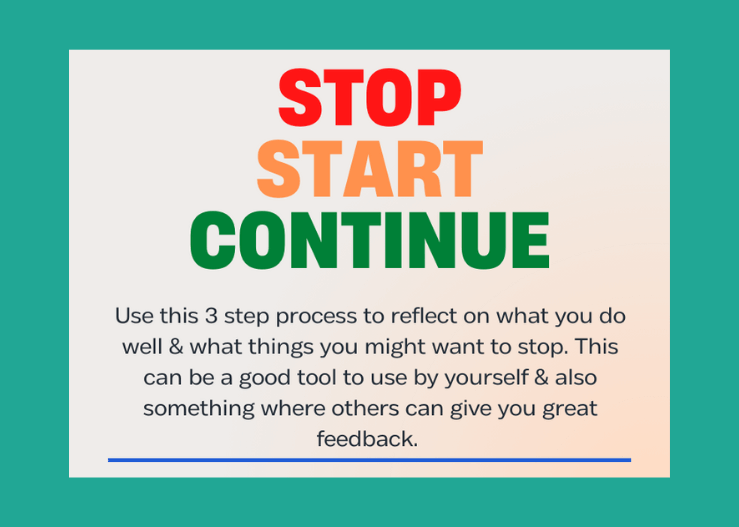Louis Ross explains all:
Parental involvement in youth sport can lead to more enjoyment, and even more success, but it can also lead to things like increased anxiety and even burnout (Holt, Tamminen, Black, Sehn, & Wall, 2008).
This is something coaches and support staff need to be aware of as well, when trying to create the best possible environment for youth athletes to learn and have fun whilst also developing. The following recommendations are from research in the sport psychology literature and some recommendations from my applied work, I am sure that many of them will ring a bell and they won’t be new to you.
One study (Knight, Neely, & Holt, 2011) found that early adolescent female athletes wanted their parents to provide support in the following ways:
- Before competition – Parents to make sure they (the athletes) were mentally and physically ready.
- During competition – Provide positive and encouraging feedback and keep the environment calm whilst interacting with others positively.
- After competition – Allow time to process the result, provide structured/positive comments and prepare for the next game (if there is one).
What might this look like?
- Before – Check in to see if there are any specific pre-match drills that your child’s coach has them do, is there a match-day routine (food, hydration, etc.), highlight your child’s strengths, ease any nerves, and reinforce the fun element.
- During – Positive body language and non-verbal communication where possible. Praise effort and attitude.
- After – Allow space and time before addressing anything, make use of things like the pre and post-match reflection sheets where your child can write things down if they’d prefer not to speak about it. This can be used to debrief later. Keep praising effort & attitude.
Car journeys can be a positive or negative experience for youth athletes; if those car journeys consist of negative feedback, it can make that experience one that youth athletes dread. Alternatively, if performance outcomes are made secondary and supportive and positive questions are asked it can promote that experience as one that is more positive.
Autonomy supportive environments
An autonomy supportive climate refers to an environment in which children are problem solve by themselves and take their own actions based on their own decision-making process. From a coaching/parenting/sport psych viewpoint I think that we can best support youth athletes by:
- Asking open questions.
- Inviting them to try different things.
- Encouraging them to fail and learn from it.
- Not putting pressure on them – process and progress over winning.
- Reflect on how we communicate with them and strive to support them before/during/after competition and training.
- Being open and honest.
- Being on the same page as coaching staff so there are consistent messages for the child.
A lot of this will already be present in your interactions with your children but we can always reflect on what works and what doesn’t and continue to tweak what we do to ensure they have the best experience possible. Something I’d invite you to do is to use the infographic (below) and get some feedback from your child.
Review Sheet can be downloaded here – Match Plan vs. Match Review





